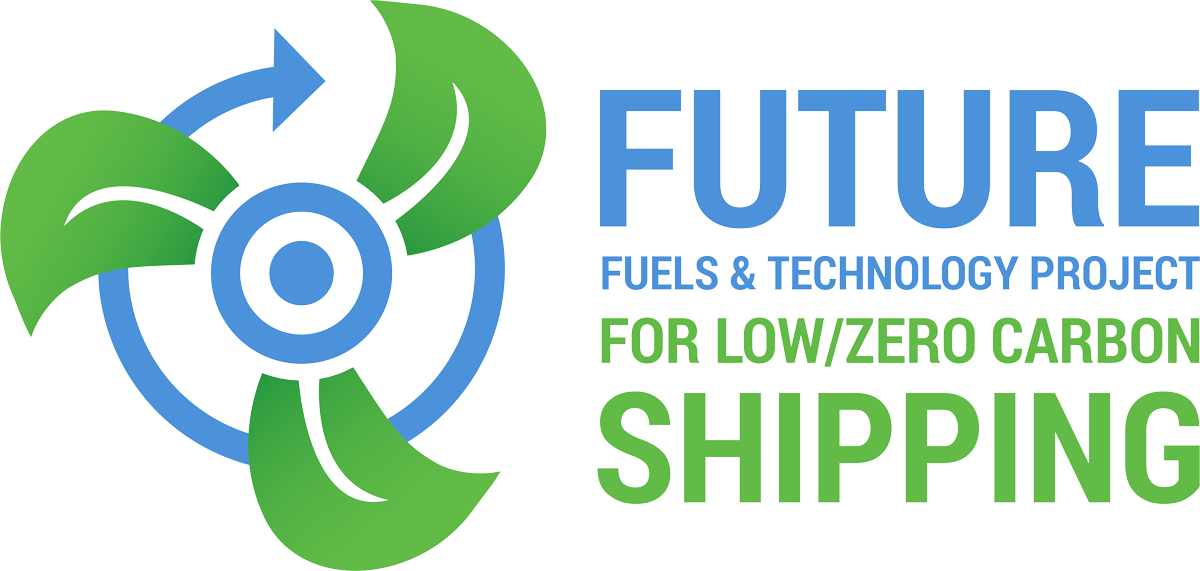BIMCO has launched a new subcommittee to develop a Biofuel Clause for Time Charter Parties, marking a proactive step toward addressing the legal and operational challenges posed by the growing use of biofuels in shipping.
Topic: SHIPPING
Digitized port call process reduces CO2 emissions by 6000 tons in the Port of Gothenburg
A comprehensive digitalization of the vessel arrival process in the Port of Gothenburg is now underway. The platform “Digital Port Call,” launched today, becomes a new part of the port’s maritime infrastructure, providing entirely new conditions for a faster, safer, more efficient, and sustainable ship call process.
Used cooking oil and lamb fat contribute to marine alt-fuel blend
Scientists at Aston University in Birmingham, UK believe they may have produced a viable alternative to traditional marine bunker fuels, care of a blend of leftover cooking oil, lamb fat and agricultural waste.
GSBN and DNV partner for verified data sharing for decarbonisation
The MoU will leverage on DNV’s recently launched Emissions Connect, an emissions data verification engine, it sees as a major step in enabling the verification of operational data.
Green booster: UECC sees huge emissions reduction in 2024 with high-impact LBM fuel with high-impact LBM fuel
UECC sees huge emissions reduction in 2024 with high-impact LBM fuel with high-impact LBM fuel
Global Maritime Forum releases landmark report on shipping decarbonisation progress
One of the most comprehensive snapshots of industry action towards shipping decarbonisation was published today.
IMO GHG pricing falls short on green methanol, ammonia
The International Maritime Organization’s (IMO) proposed global greenhouse gas (GHG) pricing mechanism might not drive significant uptake of green methanol and green ammonia by 2035, given current market prices.
Are electric motors the future of shipping?
Around the world, ships are increasingly turning to electric battery-powered motors as a way to reduce toxic, planet-heating emissions. But when it comes to crossing the oceans, it’s not so easy.
Maritime decarbonization: A aritical component of the global climate action agenda
The shipping industry significantly contributes to global greenhouse gas emissions, making maritime decarbonisation vital for climate action.
Odfjell completing first near carbon-neutral transatlantic voyage using sails and biofuel, saving five tons of fuel every day and improving GHG intensity by 85%
Odfjell’s chemical tanker Bow Olympus is currently crossing the Atlantic powered by a combination of wind-assisted propulsion and a certified sustainable 100% biofuel.

